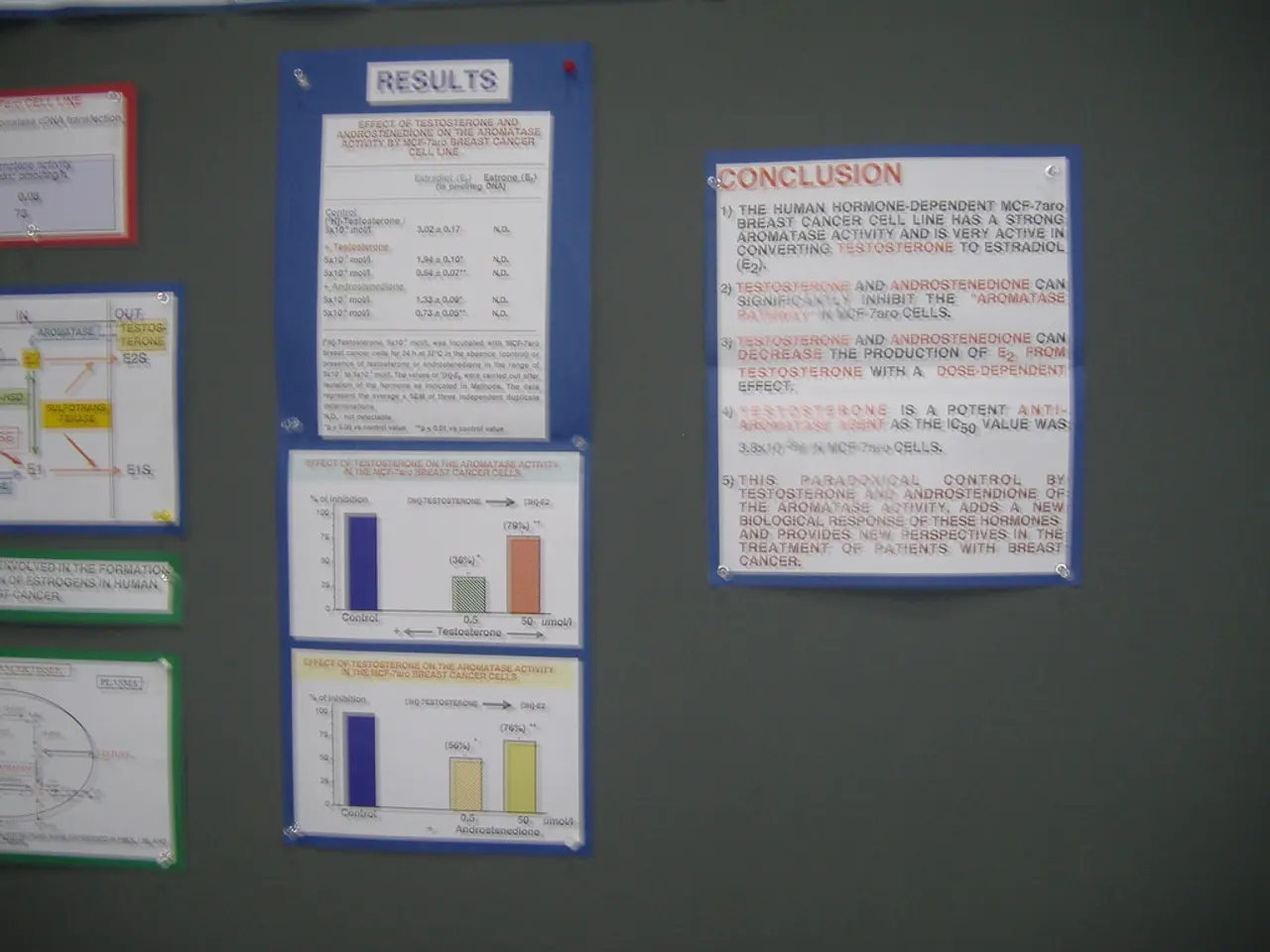Businesses given extension for e-invoicing deadline up to 2028 by Saeima
Latvia Extends Deadline for Mandatory Use of E-Invoices
The deadline for all companies in Latvia to adopt structured electronic invoices (e-invoices) has been extended to January 1, 2028. This decision was made to allow businesses more time to adapt to the use of electronic invoices.
The Accounting Law amendments in Latvia, which are related to the eventual mandatory use of e-invoices for all companies, including those not associated with the state budget, are expected to ensure a more streamlined transition.
From January 1, 2025, e-invoicing is compulsory for business-to-government (B2G) transactions. All companies supplying goods or services to government entities must issue invoices in a structured electronic format, adhering to amendments in Latvia’s Accounting Law.
The mandate extends to business-to-business (B2B) transactions between Latvian-registered companies from January 1, 2026. However, the full B2B e-invoicing requirement is implemented gradually, with some businesses or transaction types potentially allowed to postpone full compliance until January 1, 2028.
All Latvian-registered businesses, branches, associations, and foundations must comply with the e-invoicing requirement. This includes the necessity to both send and receive e-invoices electronically in compliance with the law.
Structured invoices must conform to the European electronic invoicing standard EN 16931 without local extensions and be transmitted through certified national or commercial platforms, such as Latvija.gov.lv, PEPPOL, or eAddress.
Anda Čakša, the chairwoman of the Budget and Finance (Tax) Committee, is responsible for the progress of the amendments in the Saeima. The changes to the Accounting Law will facilitate a more convenient and smoother transition to the mandatory use of e-invoices for companies.
In summary, from 2025 companies must issue structured e-invoices for government transactions, and from 2026 this expands to all B2B transactions, with a phased approach allowing full B2B compliance by 2028. The requirement covers all Latvian-registered companies and mandates strict use of the EN 16931 standard and official transmission platforms.
Until 2028, the use of structured e-invoices for companies that are not budget institutions will be voluntary. The extension of the deadline for the implementation of e-invoices was made to benefit small businesses, the self-employed, religious organizations, public organizations, and other companies.
The extension is intended to give these entities sufficient time to prepare technologically and organizationally for the full implementation of e-invoices. The changes to the Accounting Law are intended to provide all companies, including those not associated with the state budget, with sufficient time to prepare for the full implementation of e-invoices.
Read also:
- Trade Disputes Escalate: Trump Imposes Tariffs, India Retaliates; threatened boycott ranges from McDonald's, Coca-Cola to iPhones
- Li Auto faces scrutiny after crash test involving i8 model and a truck manufacturer sparks controversy
- Construction and renovation projects in Cham county granted €24.8 million focus on energy efficiency
- Twitter profile of Peng experiences increased popularity in Hong Kong amid anticipation for Q4 launch of extended-range profiles




